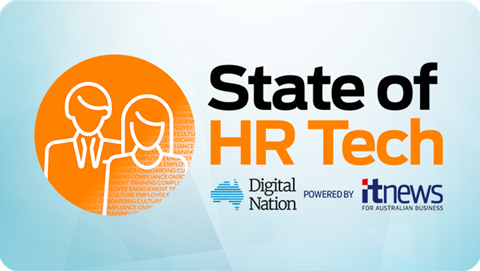Like any airline, Southwest Airlines has had its fair share of crises, just last week a video went viral of a customer brawl mid-flight and over the past Christmas break, more than 16,000 flights were cancelled due to weather and technical failures.

So, how does the airline ensure it keeps employee attitudes high despite whatever incident occurs that impacts Southwest Airlines?
Whitney Eichinger, SVP, culture and communications at Southwest Airlines spoke to Digital Nation at the Qualtrics X4 Summit about the processes and procedures in place to ensure employee sentiment is high and how employees ultimately drive organisational success.
She said nothing rallies a company together more than a crisis.
“We perform well when we have a common enemy more common goal. What happens is we have extensive crisis plans as you might imagine, this triggers this, we have to be ready for the worst all the time,” she explained.
They have recently launched an employee listening panel for anyone in the company.
“You can sign up and we ping you with questions every now and then, not too often, and get some advice on how we should handle things differently,” Eichenger said.
“With that, you have a huge empowered employee group. You also have to manage that as well and put that energy towards the solutions to problems and not just complaints.”
Eichinger said she wants her employees to know that the airline has their back. They have always been there for their employees but with the uplift in viral videos of in-flight violence, they have become more proactive to ensure everyone has the support they need.
“Our employees know that we have their back, and decisions they're making in the moment, they feel confident that the company is going to back them up. They’re generally making the best decision for the customer they can,” she said.
Eichinger explained the importance of transparency between employee and their leaders, especially during a major crisis like the mass grounding during the holiday period.
“Our CEO came out during the disruption publicly to our employees and said this is on me, and immediately took the responsibility,” she explained.
Eichinger said this action from their CEO builds trust between the executive leadership and employees.
Keeping the culture
Eichinger said during a crisis, most companies throw culture out of the window.
“We take care of each other first before we take care of anything outside the company, it is natural and it's not something you have to be reminded to do,” she explained.
“[Other companies] are like ‘we don't care we're going to get sued, we have to do this’. Southwest takes care of its people first, the first thing they will say is everyone okay? Is the station leader okay and is that flight attendant okay?”
When a crisis hits the airline, Eichinger highlighted the importance of getting the story correct when reporting it to media outlets.
“You can't get your own story wrong, especially with us. If it's an aircraft situation we have a lot of things we have to go through before we can say anything,” she said.
Eichinger said you can’t let the pressure of telling your side of the story get to you, because it would make it worse.
“You have to let it run for a minute before you come back with an answer, but you can't wait forever,” she added.
“We could have gone out sooner, but we didn't have all the information. So how do you combat not having all the information with the need to respond?”
Athina Mallis travelled to the Qualtrics X4 Summit in Salt Lake City as a guest of Qualtrics.



_(33).jpg&h=140&w=231&c=1&s=0)
_(28).jpg&h=140&w=231&c=1&s=0)






 iTnews Executive Retreat - Security Leaders Edition
iTnews Executive Retreat - Security Leaders Edition
 iTnews Benchmark Awards 2026
iTnews Benchmark Awards 2026
 iTnews Cloud Covered Breakfast Summit
iTnews Cloud Covered Breakfast Summit
 The 2026 iAwards
The 2026 iAwards











_(1).jpg&h=140&w=231&c=1&s=0)



